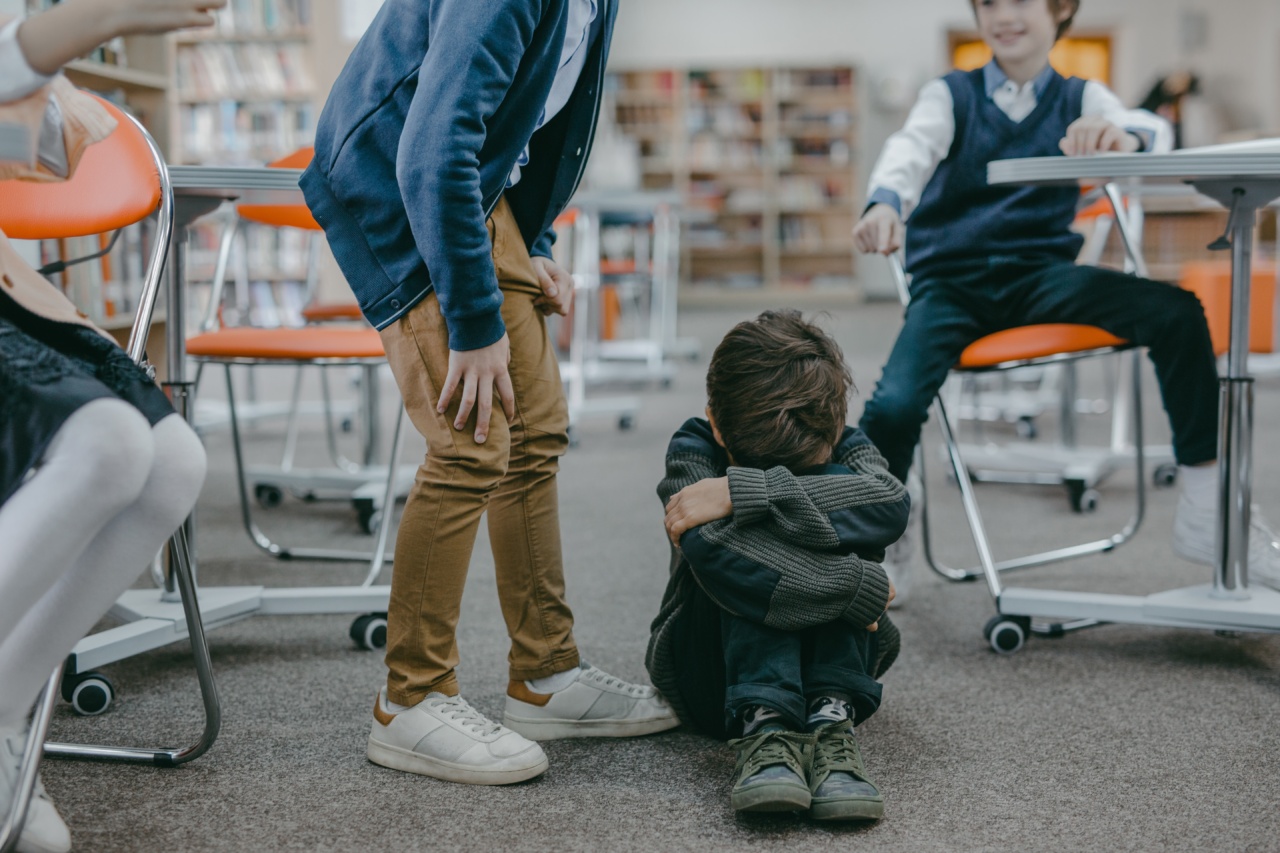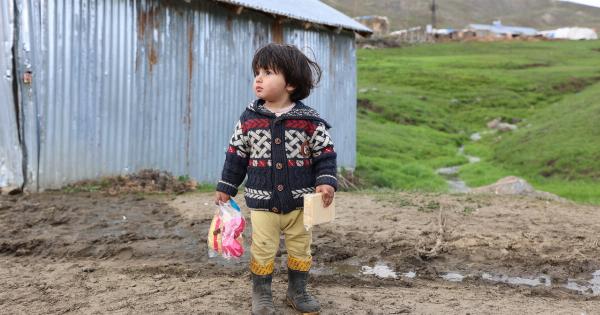Child abuse is a deeply disturbing and pervasive issue that affects millions of children worldwide. It refers to the mistreatment, neglect, or harm inflicted upon a child by a parent, guardian, or caregiver.
Child abuse takes various forms, including physical abuse, sexual abuse, emotional abuse, and neglect. The consequences of child abuse are severe and far-reaching, impacting all aspects of a child’s life.
1. Physical Consequences
Physical abuse involves the use of force that causes injury or puts a child’s health at risk. It often leaves visible marks such as bruises, burns, or broken bones.
These physical injuries can have lasting effects on a child’s health, leading to chronic pain, physical disabilities, and even life-threatening conditions. The trauma associated with physical abuse can also affect a child’s brain development and increase the risk of developing mental health disorders.
2. Emotional Consequences
Emotional abuse is characterized by belittling, constant criticism, rejection, and humiliation. This form of abuse damages a child’s self-esteem, self-worth, and overall emotional well-being.
Children who experience emotional abuse often struggle with trust issues, have difficulty forming healthy relationships, and may exhibit symptoms of anxiety, depression, or post-traumatic stress disorder (PTSD).
3. Psychological Consequences
Psychological abuse involves the use of intimidation, threats, control, and manipulation to instill fear and exert power over a child. This form of abuse can have significant psychological and cognitive consequences.
Children who experience psychological abuse may suffer from low self-confidence, poor academic performance, impaired cognitive development, and an increased risk of engaging in self-destructive behaviors such as self-harm or substance abuse.
4. Behavioral Consequences
Child abuse can have profound effects on a child’s behavior and may manifest in various ways. Some children may become aggressive, displaying violent behaviors towards others or animals.
Others may exhibit withdrawn behavior, isolating themselves from peers and family members. These behavioral changes can impair a child’s social skills, hinder their ability to build healthy relationships, and contribute to long-term difficulties in various areas of their lives.
5. Social Consequences
The impact of child abuse extends beyond an individual’s physical and emotional well-being and can have significant social consequences.
Children who have experienced abuse often face difficulties in forming trusting relationships and may have limited social support networks. This can lead to feelings of isolation, increased risk of victimization, and challenges in navigating social environments.
6. Educational Consequences
Child abuse can greatly hinder a child’s educational progress and overall academic achievement.
The stress and trauma associated with abuse can interfere with a child’s ability to concentrate, retain information, and participate actively in classroom activities. Consequently, children who have experienced abuse are at a higher risk of academic difficulties, lower grades, and higher rates of school dropout.
7. Long-Term Health Consequences
The repercussions of child abuse can extend well into adulthood, leading to long-term health consequences.
Adults who were abused as children may experience chronic physical health issues such as cardiovascular disease, obesity, and autoimmune disorders. They also have higher rates of mental health disorders, including depression, anxiety, substance abuse, and suicidal tendencies.
8. Inter-generational Impact
Child abuse can perpetuate cycles of violence and abuse across generations. When children grow up witnessing or experiencing abuse, they are more likely to exhibit abusive behaviors themselves.
This cycle continues unless interventions are implemented to break the pattern and provide appropriate support and resources for both victims and perpetrators.
9. Societal Consequences
Child abuse has severe implications for society as a whole. The economic burden associated with child abuse includes costs related to healthcare, child welfare services, legal interventions, and productivity losses.
Additionally, the emotional and psychological toll on victims affects their ability to contribute effectively to society, potentially perpetuating a cycle of inefficiency, dependence, and decreased overall well-being.
10. The Urgent Need for Prevention and Intervention
It is crucial to prioritize prevention and intervention strategies to address child abuse effectively.
Education and awareness programs need to be implemented to educate communities about child abuse, its warning signs, and the importance of reporting suspicions or concerns.
Collaboration among various stakeholders, including parents, caregivers, teachers, healthcare providers, and law enforcement agencies, is vital to ensure early identification, immediate response, and the provision of appropriate support for both victims and their families.
Moreover, government policies must prioritize child protection, allocate sufficient resources to child welfare services, and establish comprehensive legislation that holds perpetrators accountable for their actions.
By investing in prevention and intervention, we can work towards breaking the cycle of child abuse, safeguarding the well-being of children, and fostering environments that nurture their growth, resilience, and overall development.
























